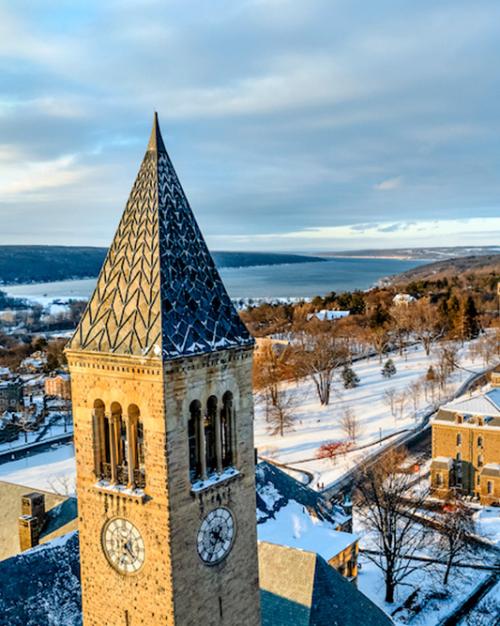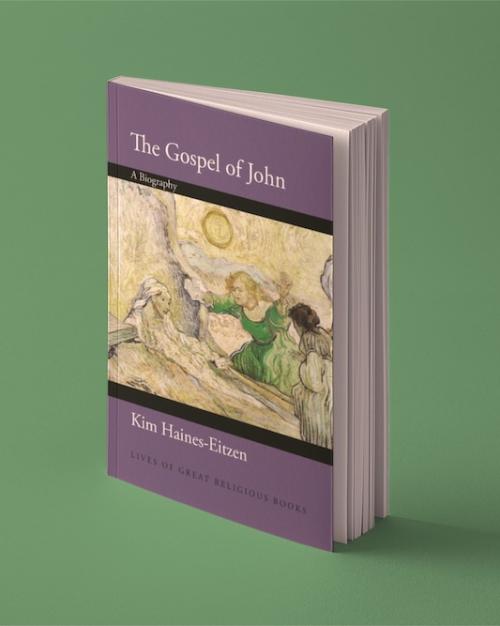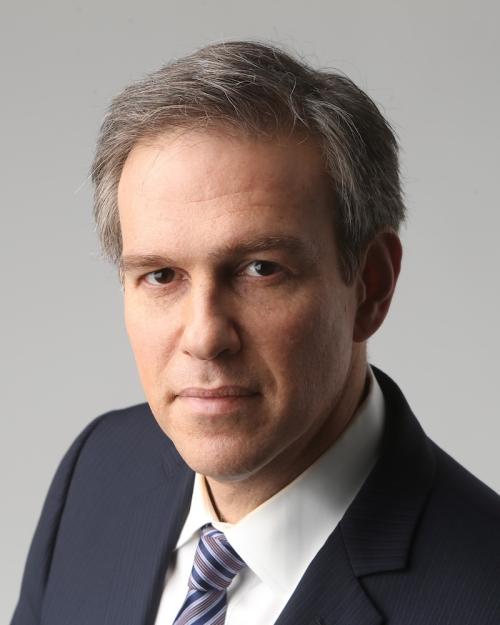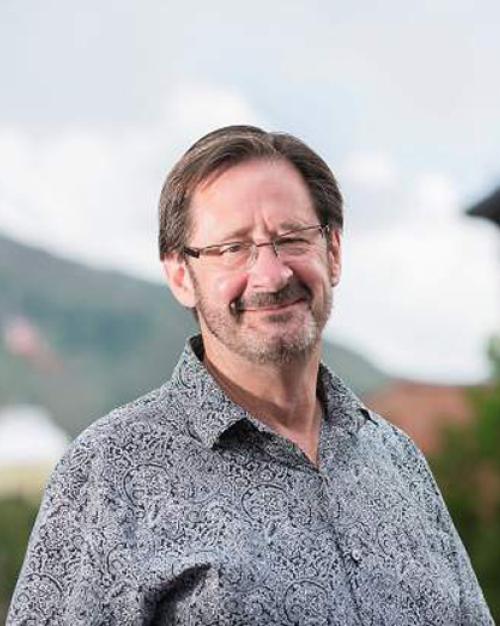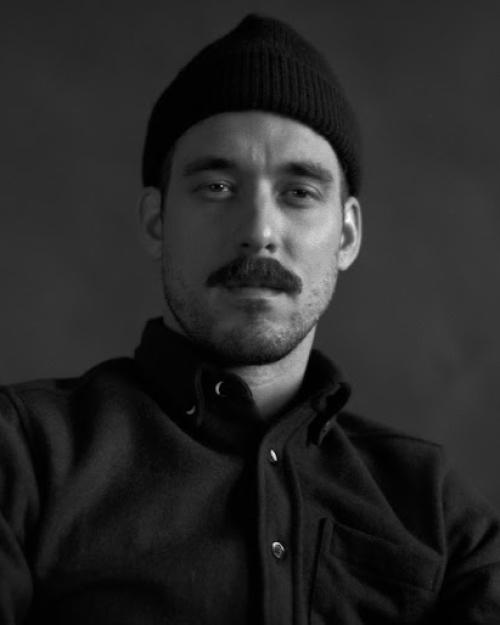Michael Lee is a master of fine arts student in creative writing with a concentration in poetry from Minneapolis, Minnesota. He attended the University of Minnesota as an undergraduate and now studies the interrelated histories of European colonialism and industrial warfare.
What is your area of research and why is it important?
Weeks before WWI began, Karl Kraus declared Austria a “laboratory of the apocalypse”. The Great War would mark the first time poison gas, concentration camps, machine guns, and aerial bombardments were used en masse in Europe. Yet all of these technologies of war had already been tested in Europe’s colonies. Colonialism was its own apocalyptic project as much as a training ground for the export of apocalypse (and coinciding notions of race and the human) back to Europe. As a poet with the heart of a historian, I’m interested in attending to the interrelated histories of European colonialism and industrial warfare through the lyric.
What are the larger implications of this research and what is its impact?
Poetry allows for an accessing of a kind of emotional truth and revelation less available in other genres, and is particularly well suited in mapping the genealogies of modes, and evolutions, of contemporary colonial and industrial violence in a way which explicitly implicates the reader. I hope that by examining these genealogies in my poetry, I’m able to contribute to a body of scholarship which situates present day horrors in a nuanced constellation of relationships and power which we are all a part of to varying degrees.
Where will you study with your Graduate School Research Travel Grant?
I will spend time doing archival research at the Imperial War Museum in London and tour several death camps in Poland (which were only possible because of the technological and psychological evolutions during the First World War and because Poland was imagined as a colony). Finally, I’ll spend time in Norway which, while it occupies a small role in the Second World War, has a great deal of Nazi infrastructure remaining from the occupation of the country. I’m interested in the way this infrastructure is repurposed and remembered either by the State, the public, or by nature.
How important is obtaining a Research Travel Grant for your research, particularly in light of the precautions necessitated by the pandemic?
It is incredibly important. Only so much can be gained from books, especially in poetry. You have to go out into the world if it’s the world you’re attending to.
What will this grant allow you to do that you might not have otherwise been able to?
This grant will allow me to visit more sites and broaden my research while traveling. Without the grant the trip may not have happened, and if it did it would most certainly be limited in time and scope.
What are your hobbies or interests outside of your research or scholarship?
Outside of my research and writing practice, I’m interested in gardening, hiking, hunting, and farming. If I’m not in my reading chair, I’d like to be in nature.
Why did you choose Cornell to pursue your degree?
I chose Cornell because the M.F.A. program allowed a great amount of latitude for me to take classes outside of my department but which may be relevant to my thesis. Moreover, the two year lectureship after the program is completed is one of a kind, offering wonderful teaching experience but also more time to focus on my creative work and utilize Cornell’s resources.
Read the story on the Cornell University Graduate School website.
